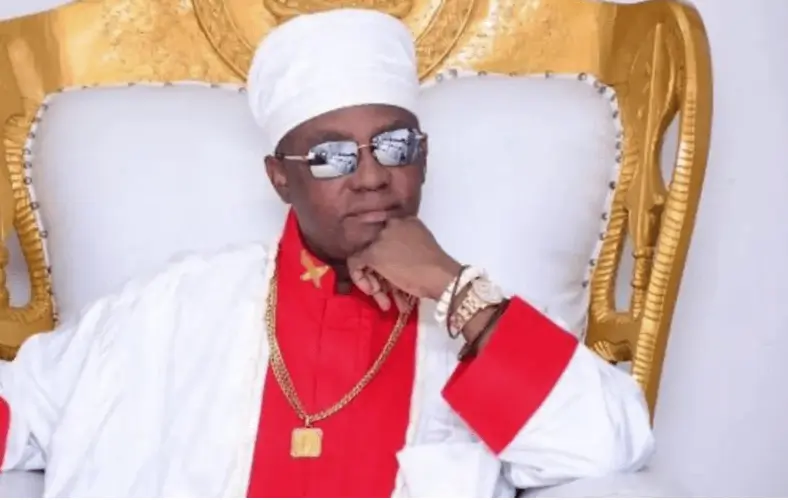In a recent gathering, Godwin Obaseki, the Governor of Edo State, convened a significant meeting with a diverse group of stakeholders. This included professionals, women’s groups, Civil Society Organisations (CSOs), traditional leaders, and members of the business community. The primary objective of this assembly was to garner their support and collaboration for the effective implementation of the state’s new property tax, a measure the governor underscored as crucial for the government to meet its responsibilities to the citizens.
The meeting was held at the New Festival Hall, located in the Government House in Benin City. Here, a workshop for stakeholders was conducted, focusing on the state’s new Land Use Charge Law. The theme of the workshop was “Joint Implementation of LUC by State and Local Governments.”
Governor Obaseki took the opportunity to clarify that the land use charge is a property tax designed specifically for property owners. He stressed, “The tax is not for poor people. Those that don’t have property have no business with such a tax.”
In his address to the stakeholders, Governor Obaseki highlighted the progress made since he assumed office in 2016. He pointed out that up to 1,500km of roads have been constructed in Edo State. However, he also recognized the challenges posed by the condition of certain roads, which fall under the jurisdiction of the Federal Government. He expressed a willingness to address these roads if given the authority.
The governor emphasized the importance of tax payment in supporting the government’s efforts to provide durable infrastructure. He urged the citizens to fulfill their tax obligations, stating that increased tax revenue would enhance the government’s capacity to deliver essential services and spur further development in the state.
Obaseki assured his administration will not sit idle and complain without working for the people. He stated, “This property tax is the most important way to get revenue to continue development in the State. You can’t pay tax without earning something. Tax is like tithes in the scripture and it’s a contribution to the government. Without tax there cannot be government and development.”
Regarding the administration of the tax, he said: “If you have a property, you pay just one tax for your property. The local government and the state government have a mechanism on how to share the tax. This tax is not collected in cash but it’s paid straight into the government’s account. We must account for how we spend this revenue.”
He further stated: “I have met with traditional rulers. I told them that from our Internally Generated Revenue (IGR), we will take money to feed those who don’t have – the poorest of the poor in the State. We can do so much in Edo if we have the revenue.”
On accountability and transparency, he said that the government will do the right thing, noting: “I want to appeal to you all to trust the government. If you don’t pay for something, you have no right to ask how the money collected is being used. What we try to do in the last few years is to address the issue of accountability. We own this state and must contribute to the development of the State.
“The World Bank trusts the State and has continued to support us through various ways. So why will our people not trust us? The World Bank is giving us money directly and they can only give money to those they trust. This property tax law is only for people who have land and property and are making money from them.”
The Managing Director of Edo Geographic Information Service, (EdoGIS), Osaro Grace Aihie, explained that the Land Use Charge is a consolidation of all the land-based rates and charges payable in Edo State. She noted that the charge applies to real properties like land, buildings, and structures, and that the new law allows the local government areas in the State to handle tenement rates while the State is in charge of property tax and ground rent.

